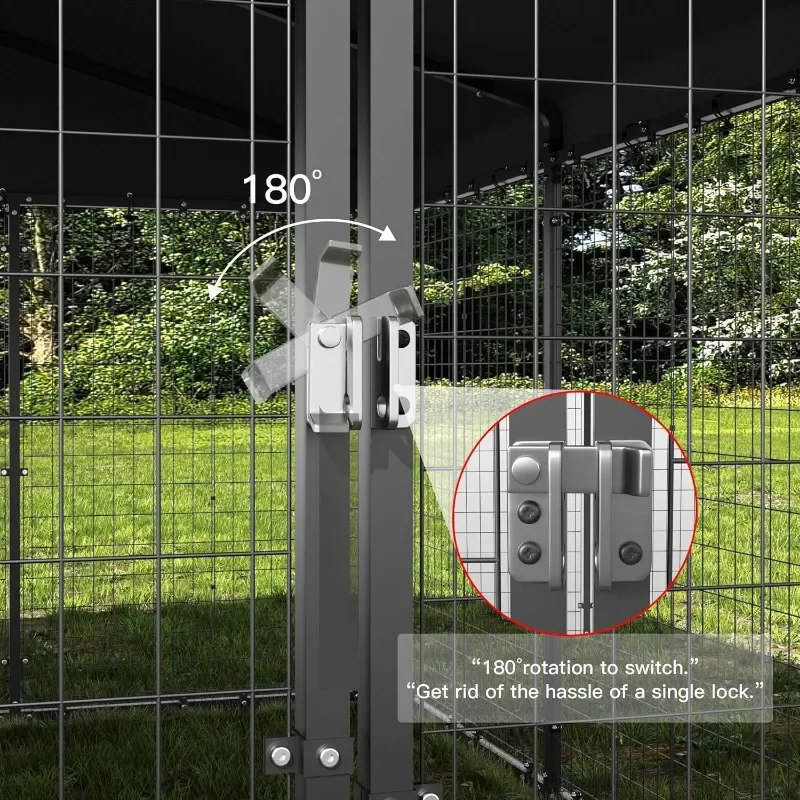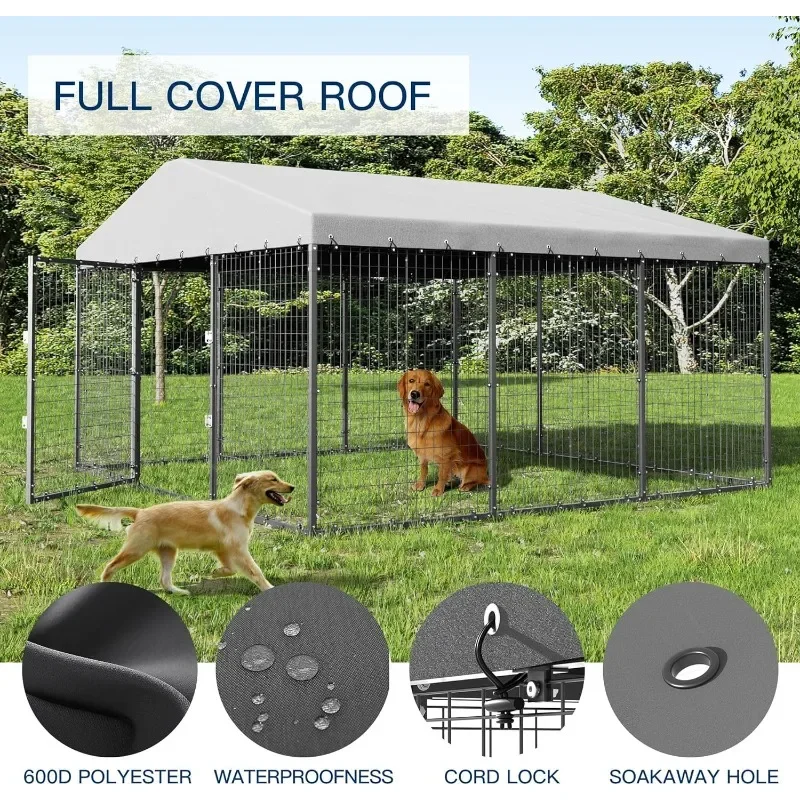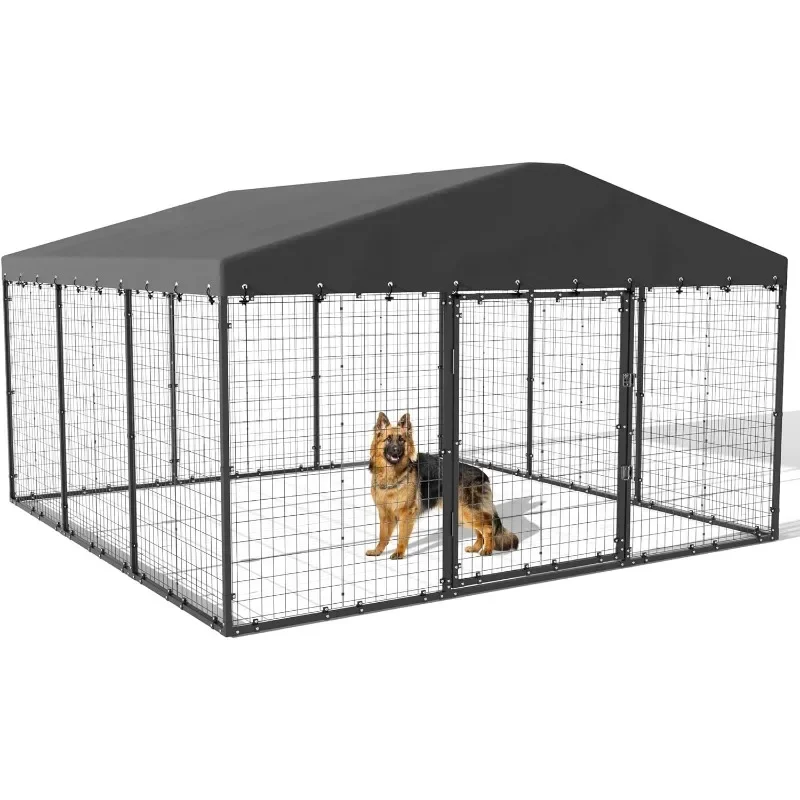Introduction to Kennel Cough
Kennel cough, or canine infectious tracheobronchial, is a common respiratory illness affecting dogs. It is characterized by a persistent, dry cough that can be alarming to pet owners. This illness is highly contagious and can spread easily in environments where dogs are in close contact, such as kennels, dog parks, or grooming salons. Understanding how long for kennel cough to go away to resolve is crucial for managing the condition effectively and ensuring your dog’s well-being.

What is Kennel Cough?
Kennel cough is a broad term used to describe a variety of respiratory infections that cause coughing in dogs. It can be caused by several pathogens, including bacteria, viruses, and sometimes even fungi. The most common bacteria responsible for kennel cough is Bordetella bronchiseptica. Additionally, canine parainfluenza virus and canine adenovirus type 2 are often implicated. These pathogens can cause inflammation in the trachea and bronchi, leading to the characteristic cough.
How Is Kennel Cough Transmitted?
The transmission of kennel cough occurs through respiratory droplets when an infected dog coughs or sneezes. The bacteria and viruses can also be spread via contaminated surfaces or objects, such as food and water bowls, bedding, or toys. Dogs in crowded environments, such as kennels or dog parks, are at higher risk due to the close proximity and frequent interaction with other dogs. Proper hygiene and vaccination can help reduce the risk of infection.
Duration of Kennel Cough
Typical Recovery Time
Kennel cough typically lasts for about 1 to 3 weeks. The duration can vary depending on several factors, including the dog’s overall health, the specific pathogens involved, and whether any secondary infections are present. In healthy dogs, the cough usually begins to improve within a week and resolves within two to three weeks. However, some dogs may experience a lingering cough for a few more weeks after other symptoms have subsided.
Factors Influencing Recovery Time
Several factors can influence how long it takes for a dog to recover from kennel cough. These include the dog’s age, overall health, and whether the cough is complicated by other health issues. Puppies, older dogs, and those with pre-existing health conditions, such as heart disease or respiratory issues, may take longer to recover. Additionally, the severity of the initial infection and the specific strain of pathogens involved can affect the recovery timeline.
Managing Kennel Cough
Home Care and Treatment
For most dogs, kennel cough can be managed at home with supportive care. Ensure your dog gets plenty of rest and stays hydrated. Keeping your dog in a warm, dry environment can help ease symptoms. You may also want to use a humidifier or place your dog in a steamy bathroom to help soothe their throat. Over-the-counter cough suppressants and expectorants designed for dogs can sometimes be helpful, but it’s essential to consult with your veterinarian before using any medications.
Veterinary Care
If your dog’s symptoms persist beyond a few weeks or worsen, it’s important to seek veterinary care. A veterinarian can assess the severity of the condition and determine if there are any complications, such as secondary bacterial infections. In some cases, antibiotics or other medications may be prescribed to help with recovery. Additionally, your vet can provide guidance on proper care and help manage any underlying health issues that could affect your dog’s recovery.
Preventing Kennel Cough
Vaccination
Vaccination is one of the most effective ways to prevent kennel cough. There are vaccines available that protect against the most common pathogens responsible for kennel cough, including Bordetella bronchiseptica. These vaccines are often administered intranasally or as an injection. It’s important to keep your dog’s vaccinations up-to-date, especially if they are frequently exposed to other dogs. Your veterinarian can provide recommendations on the appropriate vaccination schedule for your dog.
Good Hygiene Practices
Maintaining good hygiene practices can also help prevent the spread of kennel cough. Regularly clean and disinfect your dog’s living area, including bedding, food and water bowls, and toys. Avoid sharing items between dogs and ensure that your dog is not in contact with other dogs that show signs of illness. If your dog has been exposed to a known case of kennel cough, monitor them closely for any signs of illness and consult your veterinarian if needed.
When to Seek Veterinary Help
While kennel cough often resolves on its own with supportive care, there are situations where veterinary intervention is necessary. Here’s when you should consider taking your dog to the vet:
Persistent or Worsening Symptoms
If your dog’s cough persists beyond a few weeks or seems to be getting worse instead of improving, it’s important to consult your veterinarian. Persistent coughing could indicate a more serious issue, such as a secondary bacterial infection or an underlying health condition.
Difficulty Breathing
If your dog is having difficulty breathing, shows signs of labored breathing, or appears to be in distress, seek immediate veterinary attention. These could be signs of a more severe respiratory issue or a complication related to kennel cough.
Lethargy or Loss of Appetite
If your dog becomes unusually lethargic, loses their appetite, or shows other signs of illness such as vomiting or diarrhea, it may be a sign that the infection is affecting their overall health. These symptoms warrant a veterinary evaluation to rule out more serious conditions.

Presence of Other Symptoms
Additional symptoms such as fever, nasal discharge, or eye discharge can indicate that the infection is more severe or that there is a secondary infection. Your vet can determine the appropriate treatment based on a comprehensive evaluation.
Post-Recovery Care
Once your dog has recovered from kennel cough, there are a few steps you can take to ensure they stay healthy and prevent future infections:
Gradual Return to Activity
After recovering, it’s important to ease your dog back into their normal routine. Avoid strenuous activities and gradually reintroduce exercise to ensure that your dog’s respiratory system has fully healed.
Monitor for Recurrence
Keep an eye on your dog for any signs of a recurring cough or respiratory issues. While rare, some dogs may experience a relapse or have a cough that lingers longer than expected. If this occurs, follow up with your veterinarian.
Continue Preventive Measures
Maintain good hygiene and keep up with regular vaccinations to reduce the risk of future infections. If your dog frequently interacts with other dogs, especially in communal settings, ensure their vaccinations are up-to-date and follow any additional preventive measures recommended by your vet.
Understanding Kennel Cough Vaccines
Types of Vaccines
There are different types of vaccines available to protect dogs against kennel cough. These include:
- Intranasal Vaccines: Administered through the nose, these vaccines often provide quicker and more effective immunity by stimulating the local immune response in the respiratory tract.
- Injectable Vaccines: Given as a shot, these vaccines protect against some of the common pathogens responsible for kennel cough. They might take a bit longer to provide immunity compared to intranasal vaccines.
Your veterinarian can help determine which type of vaccine is best for your dog based on their health, lifestyle, and risk factors.
Vaccination Schedule
Puppies typically receive their first kennel cough vaccine at around 6 to 8 weeks of age, with booster shots administered as they grow. Adult dogs may need periodic boosters to maintain their immunity. Your vet will provide a vaccination schedule tailored to your dog’s needs.

Conclusion
Kennel cough is a common condition that, while often mild, requires proper management and care. Understanding the typical duration of recovery, the factors that influence it, and the steps to manage and prevent the illness can help ensure your dog recovers as quickly as possible. With appropriate home care and veterinary guidance, most dogs will make a full recovery within a few weeks. Regular vaccination and good hygiene practices are key to minimizing the risk of infection and keeping your dog healthy.
